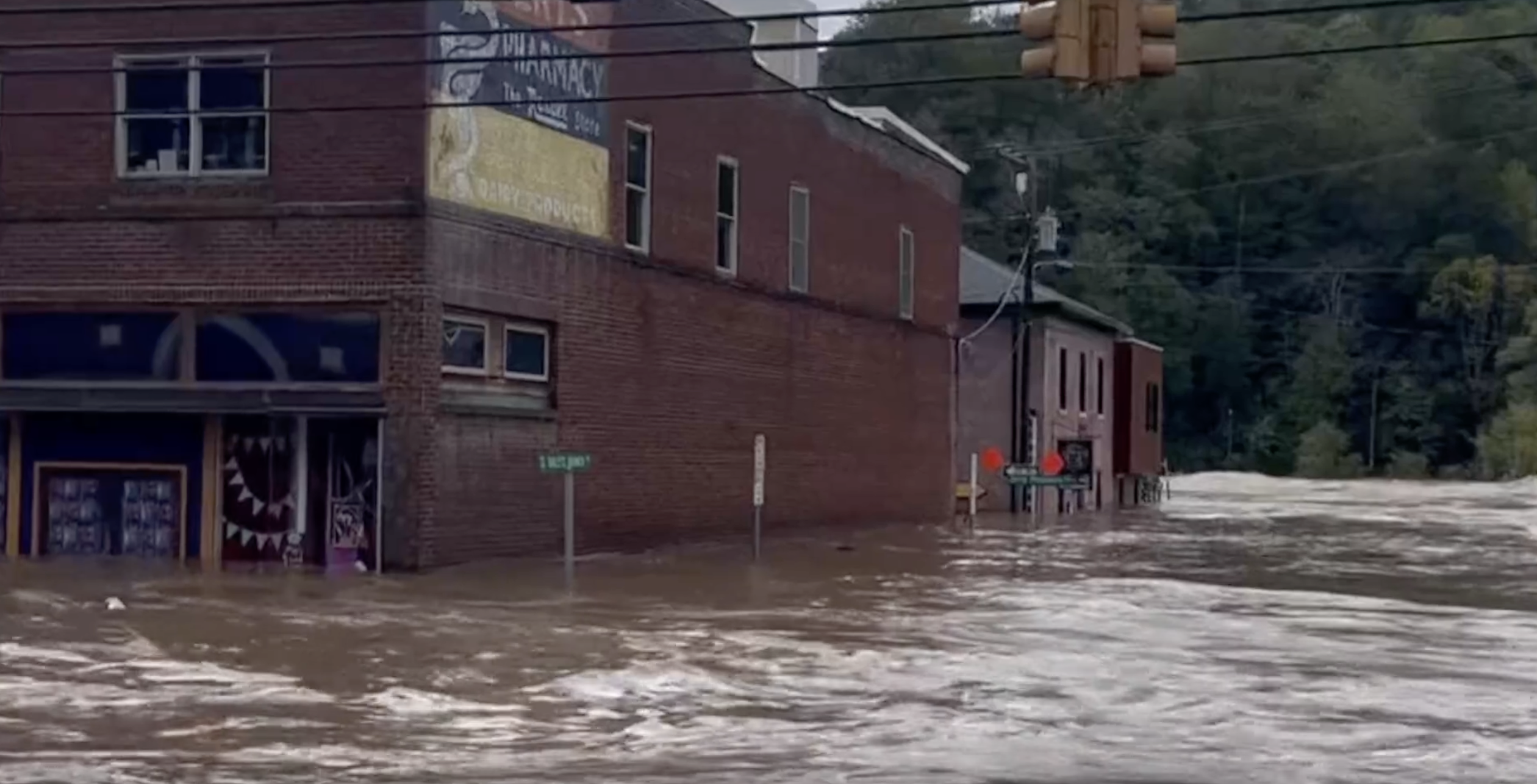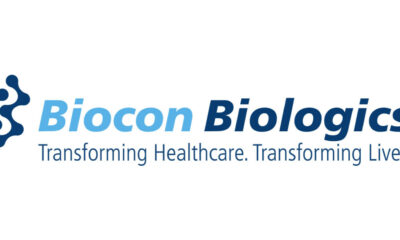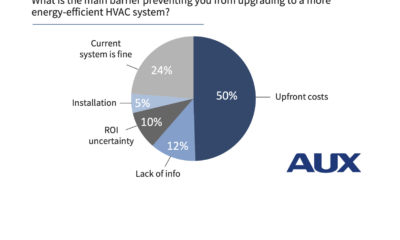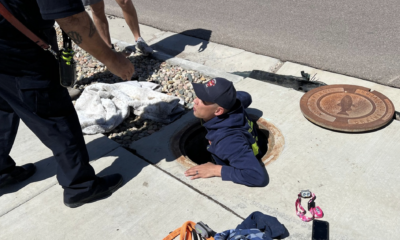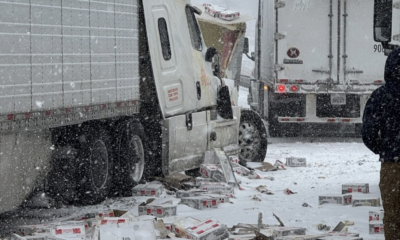-

 News Video1 day ago
News Video1 day agoWhite-handed Gibbon Monkeys Howl in Melodic Tones at the Philadelphia Zoo in PA
-

 Celebrity News3 days ago
Celebrity News3 days agoJohn Mellencamp Makes Heartbreaking Burial Plans As Daughter Teddi Faces Terminal Cancer Battle
-

 Celebrity News3 days ago
Celebrity News3 days agoTori Spelling Finds Love Again with Ad Exec Ryan Cramer After Divorce from Dean McDermott
-

 Celebrity News5 days ago
Celebrity News5 days ago10 Surprising Facts About Maren Morris, Country Music’s Most Outspoken Star
-

 Celebrity News4 days ago
Celebrity News4 days agoShiloh Jolie Officially Drops Pitt From Her Name as She Embraces Her Bond With Angelina
-

 Entertainment3 days ago
Entertainment3 days agoStephen A. Smith Claims Presidential Run Is “Inevitable” as He Shifts Focus From Sports To Politics
-

 Celebrity News4 days ago
Celebrity News4 days agoHarry Potter Star Nick Moran’s Health Crisis Doctors Feared He’d Never Walk or Talk Again
-

 Celebrity News2 days ago
Celebrity News2 days agoElton John and Madonna’s Surprise Reunion Brings Closure to Their Famous Decades-Long Feud
-

 Celebrity News2 days ago
Celebrity News2 days agoBill Hader Admits He Got Fired for Telling ‘Titanic’ Spoiler at Movie Theater Job
-

 Celebrity News1 day ago
Celebrity News1 day agoKhloé Kardashian And Dolly Parton Stitch Up A Stylish New ‘Joleans’ Jeans Line With Good American
-

 Lifestyle4 days ago
Lifestyle4 days agoParadies Lagardère Expands Culinary Offerings Across Major Airports
-

 Celebrity News2 days ago
Celebrity News2 days agoArnold Schwarzenegger’s Rocky Hollywood Start Inspires Son Patrick’s Rise In ‘The White Lotus’
Connect with us

